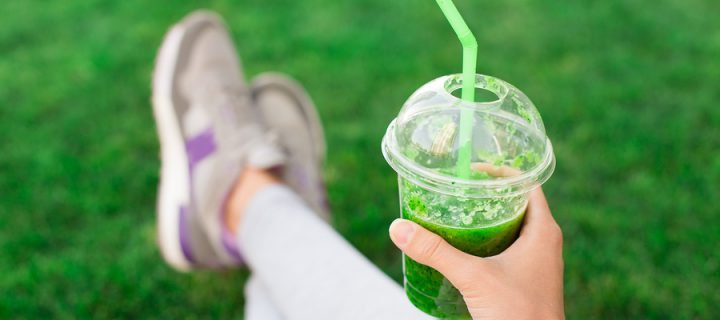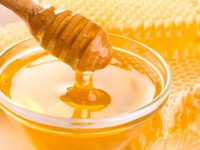Placenta smoothie, pie or soup, anyone? Know your risks and be one step ahead before you bite in.
OK, so just the idea of eating your own placenta might be enough to make many people feel sick on its own, but hear me out. There is a reason why women do it.
Apparently, humans are the only mammals that don’t eat their placenta as a routine part of life, after giving birth. Many new moms are adopting the practice these days though, as they’re finding ways to actually ingest the organ after giving birth, because it’s said to be full of good things.
Related: 5 Weird and Wonderful Ways of Commemorating Your Placenta
Placentas can have a lot of iron and other key nutrients that are important for humans to stay in good health, which is something you definitely want after birthing. You don’t have to eat a placenta to get them, but this organ is said to be particularly full of things like iron, and eating it could help to ward off postpartum depression.
Problems
But as with many things associated with giving birth, it’s not all peaches and rosy sunshine. A new case report from the CDC is showing that consuming your placenta can come with problems.
First of all, since new moms don’t actually bring a knife and fork into the delivery room to chow down, but rather have the placenta transformed into dried capsules, or put into a smoothie, eating the organ often requires the cooperation of a company that’s hired to transform your placenta into food.
That company does the dirty work of drying, cooking and encapsulating everything. They make it all ‘palatable’. As the CDC has pointed out though, there are currently no regulations around how to prepare a placenta for safe ingestion, and so hidden dangers could be lurking in this process. How can you tell your company is actually up to snuff?
Unwanted Bacteria
And then, there’s the fact that your placenta could be carrying unwanted bacteria, which brings us to the title of this post. A recent CDC report tells of an Oregon woman whose baby developed breathing problems in its early weeks alive. The mother was ingesting 2 capsules of her dried placenta a day and when it was tested, group B Streptococcus agalactiae (GBS) was found.
Related: World’s Smallest Baby Doing Well After Almost One Year
So, this mom was ingesting an illness without knowing it and it seems that she was passing it onto her baby through breast feeding.
Granted, a baby can become ill simply by encountering the same bacteria someplace in its environment-someplace other than on you and in your placenta, that is. And it’s likely an uncommon occurrence for them to be sick from something you’re eating.
Knowing some of the pros and cons of placenta eating could help you make your own choice though, should you ever be face with it.
(Is that really a raspberry smoothie? Yum.)
Photo credit: Dmytro Sidelnikov/Bigstock; PHDG/Bigstock; PHOTOCREO Michal Bednarek/Bigstock














